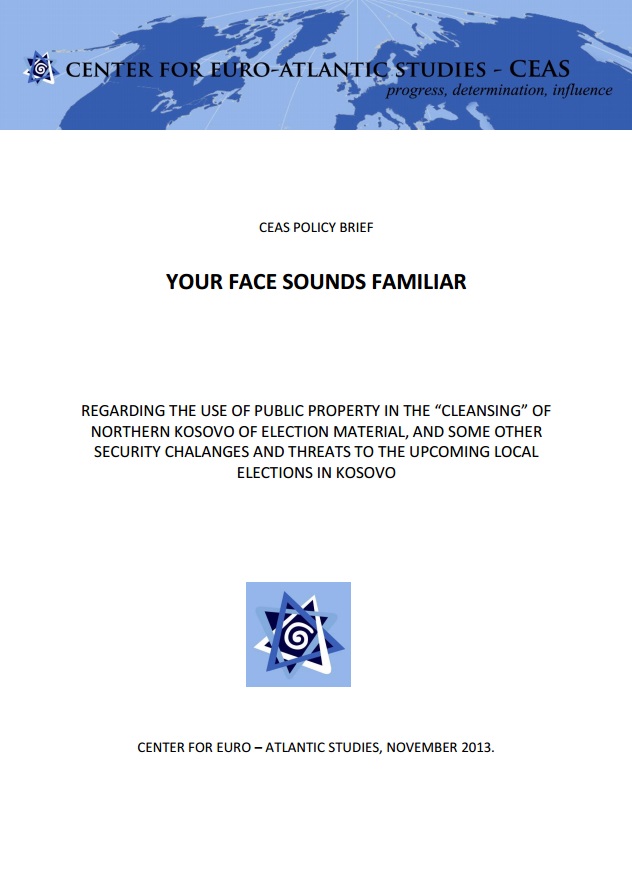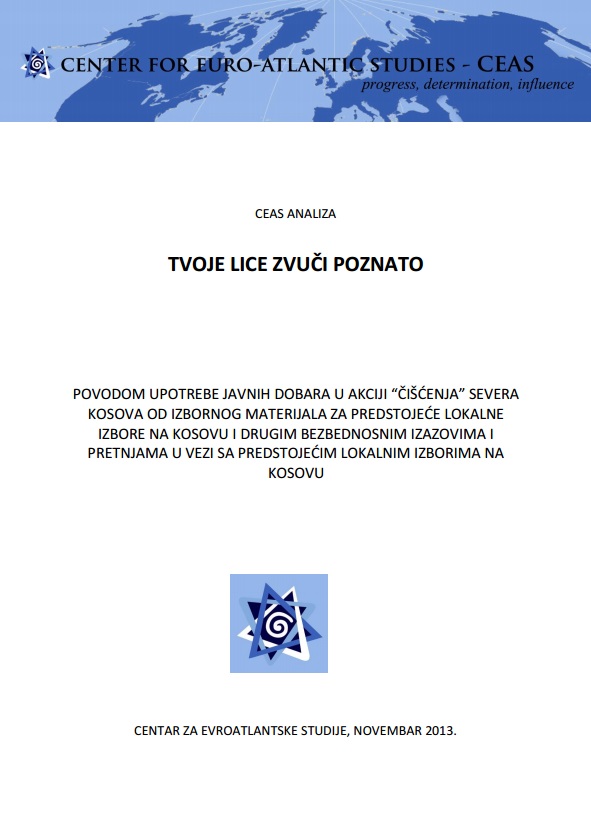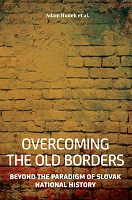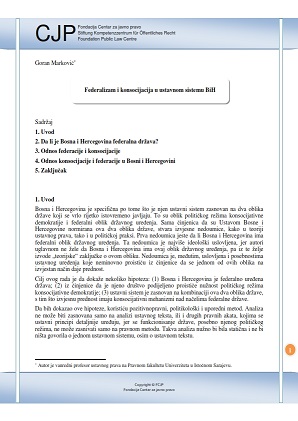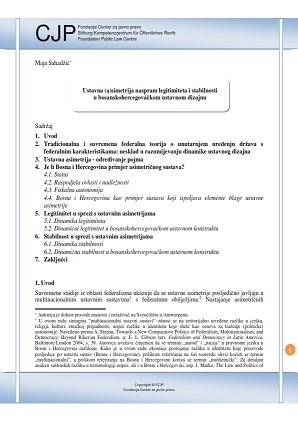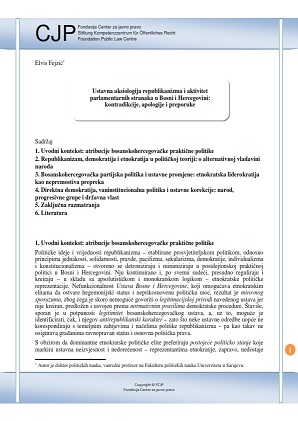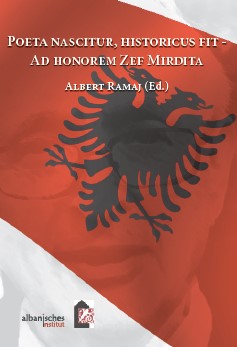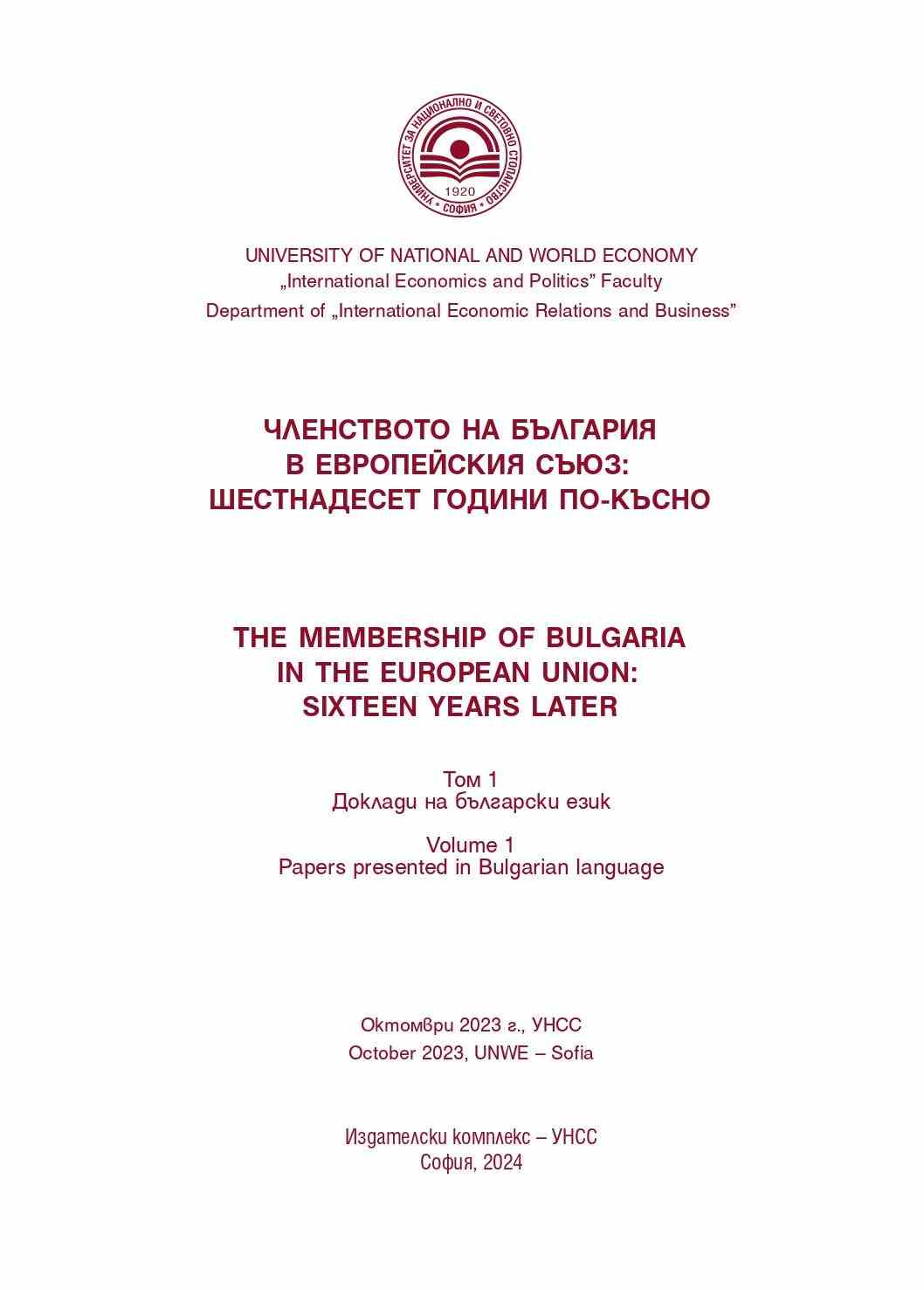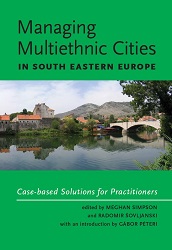Author(s): Gojko Mišković / Language(s): English
Publication Year: 0
This chapter presents intermunicipal cooperation among the cities of Sombor, located in Vojvodina, northern Serbia, Baja, in southwestern Hungary, and Osijek, in western Croatia. Despite political divisions, these cities have shared a long and common history, which has been shaped dramatically during the last century. Despite being located in different countries, cross-border engagement continued throughout the socialist period. At certain points, central governments pro-actively established mechanisms to support inter-city cooperation, with the aims to promote peaceful relations between neighbors, manage common resources, and enhance “socialist development” and partnership. However, with the collapse of Yugoslavia and socialist regime in Hungary, the onset of war, the hardening of ethno-national divisions, and new political borders, tensions in the region became rife. War broke out between Serbia and Croatia, and thousands of refugees flooded into Hungary. Meanwhile, the situation of the large ethnic Hungarian minority in northern Serbia of Vojvodina became a politically sensitive issue that influenced Hungary’s stance towards Yugoslavia’s demise. Rebuilding communication has been a fraught process that has depended on a range of factors, including the courage of a number of individuals and the active participation of local citizens in shaping their local governments’ policies and stances. Additionally, the Center for Regionalism and Philia played an important role in channeling the “good will” of citizens and municipal leaders into concrete actions and mechanisms. The Agreement on Interethnic Tolerance provided a framework and atmosphere that allowed for and accelerated concrete cooperation between Baja and Sombor. Sombor and Osijek, as founding members of Philia, were among the first cities in the wider South Eastern European region to initiate and rebuild cross-border cooperation. Despite a recent history of war and the different interests of their national governments, these cities have worked together to build infrastructure, engage in cultural exchanges, facilitate economic development, and promote democratic governance in their shared region.
More...
